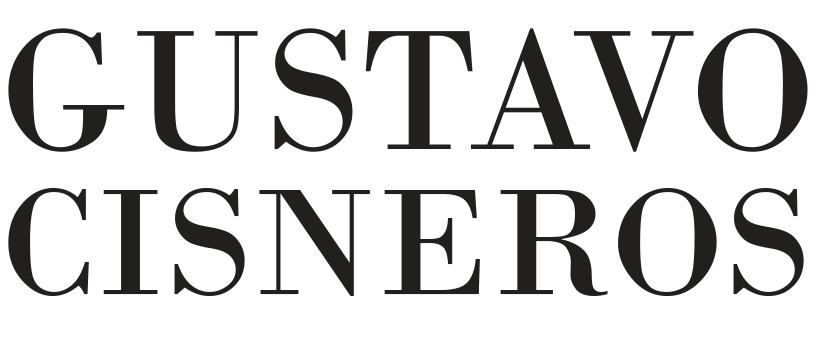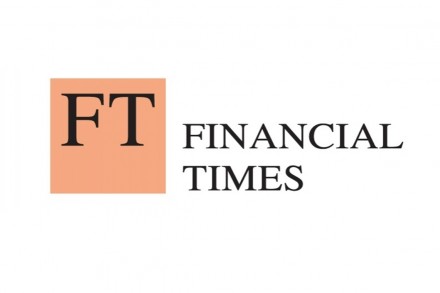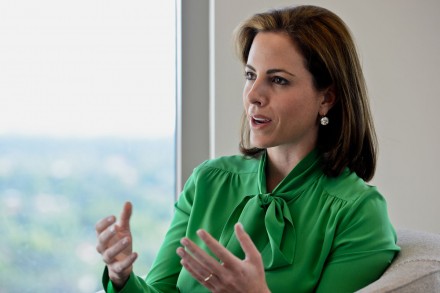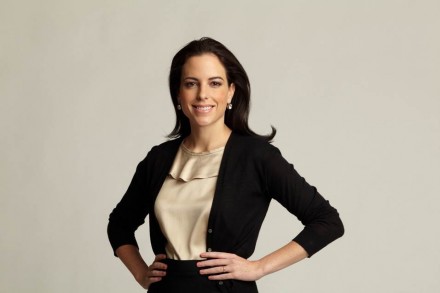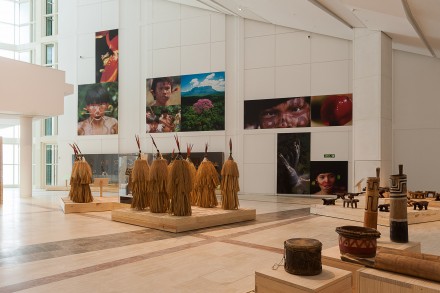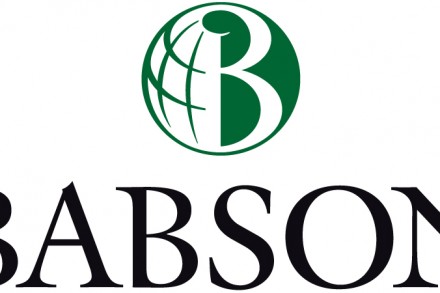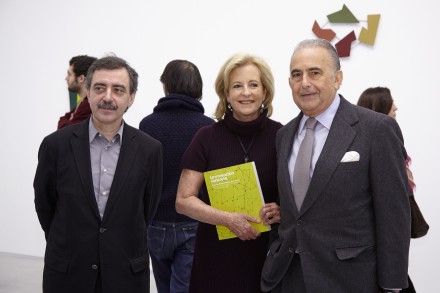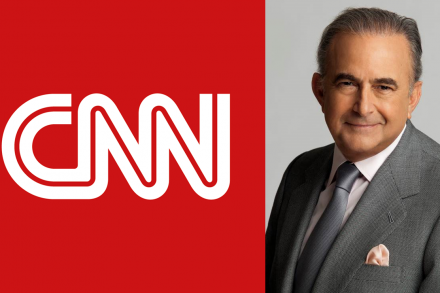Distrust, intolerance and confrontation have become the norm; how else to understand a recent ruling that banned websites deemed “harmful to the Venezuelan people”? Amid the disturbances, calls for political justice or ideology have also lost their old resonance – for both sides. The situation is no longer tenable, and it cries out for attention and help from the international community. So far, it has largely ignored Venezuela’s terrible plight.
The challenges of achieving meaningful dialogue are huge. The incendiary atmosphere makes it especially difficult for what I call “The Two Venezuelas” – one in favour of the government, the other against – to talk to each other. Efforts by both sides have so far been half-hearted, or duplicitous. Nevertheless, resolution of the country’s colossal problems requires a truly consensual project.
To begin with, both sides need to recognise the legitimacy and significance of the other, and, despite their differing national visions, to meet on common ground: their love for Venezuela and the desire to build a better future.
This better future, which Venezuelans of all socio-political persuasions can surely agree on, is a country where all opinions count, where human rights support democratic rule, and where minority rights and long term stability are nurtured. It is a country where parents can spend their time cultivating their children as good citizens instead of waiting half a day in queues to buy their groceries. It is a country where walking in the streets is safe and enjoyable, instead of fraught with peril as it often is now. It is a country that gives its youth the possibility of dreams, and where journalism is not a life-threatening profession. In brief, it is a country where everyone has the right to speak, and be listened to respectfully, and where that rich dialogue engenders growth of all kinds.
With so many currently mourning the loss to violence of beloved family members and friends, Venezuela’s crisis needs to become a defining moment that sparks a collective effort to resolve a conflict that touches all citizens – not just the government or the opposition. The country has, in the past, demonstrated the political maturity needed to establish common ground. It must do so again. Gifted minds that prioritise the future over the past and can focus on the task at hand rather than the losses suffered or the obstacles faced, will be the architects of that consensus. But to create consensus, bridges first need to be built trough honest dialogue.
Overcoming polarisation is the most urgent task. Unfortunately, the conflict has left the country void of honest brokers. Amid so much division, no single institution or individual is considered the depository of righteousness. And at a time when such a figure is so essential, Venezuela lacks an arbiter who loves our nation, understands its complexity and enjoys the deep knowledge of our history needed to propose consensus-building formulas that would be acceptable to all. The country is in dire need of a mediator whose work and deeds are inspired by a deeply felt conviction to seek the best for all and to set us on a path to a better future. The delegation dispatched to Caracas by the Union of South American Nations with the mission of promoting dialogue is a start, but is far from enough.
Perhaps His Holiness Pope Francis and wise Vatican diplomacy could be Venezuela’s salvation. Pope Francis could bring to a halt the nation´s destructive journey. Signs abound of his suitability for such a role: from the internal messages he has sent to his representatives in the country, to his expressions of concern over the violent turn that student protests have taken. “I beg all parties in conflict to seek peace and understanding,” the Pope has said. “I call on all the Venezuelan people, beginning with those with institutional and political responsibilities, to unite in seeking national reconciliation through mutual pardon and sincere dialogue and respect for truth and justice as the medium to achieve the common good”.
Opinions differ over who is responsible for what in Venezuela, or how things arrived at this disastrous point. But what seems self-evident and unquestionable is that the status quo is unsustainable. Both sides need to show good will by releasing all political prisoners, by ending all street barricades, and by lowering all voices of confrontation. If the Vatican’s diplomacy can facilitate those initial steps, talks to reconcile Venezuelans around real solutions to profound problems can begin — which is what Pope Francis is praying for. Let’s take his prayer to heart.

